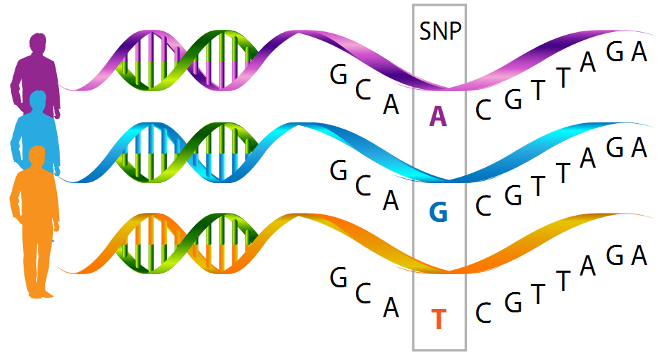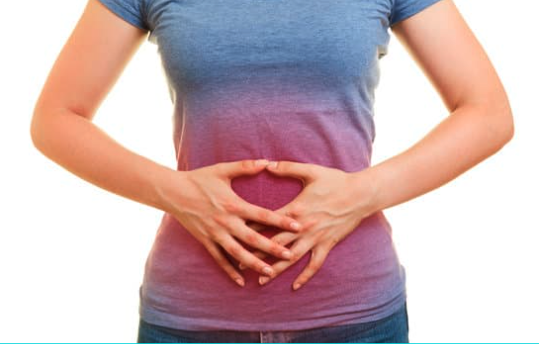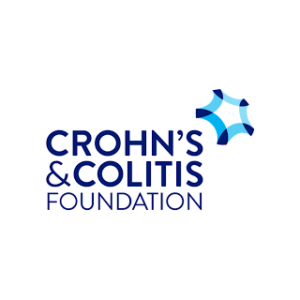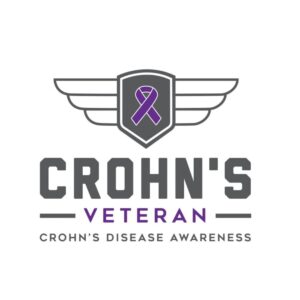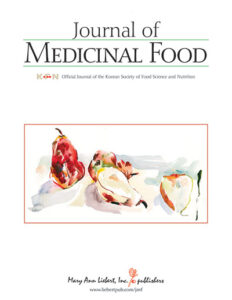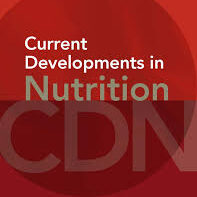IBD and the Gut Microbiome: What We Know So Far
Alison Rosenstock, MS, RD
- Last Updated
The underlying cause of inflammatory bowel diseases is not well understood, which can be confusing and frustrating to patients and clients with the diagnosis. However, there is emerging scientific research that may explain the progression of IBD as well as offer implications for treatment and day-to-day maintenance of symptoms. This fascinating research involves the human intestinal microbiome and the trillions of micro-organisms that not only reside there but function in different ways to promote the health of the GI tract.
Today’s post will delve into what the gut microbiome is, what findings have been discovered in the examination of inflammatory bowel disease, and what the information we know so far means on a practical level.
What Is The Microbiome?
According to Krause’s Food & the Nutrition Care Process [1], the gastrointestinal tract functions with the assistance of bacteria, known as microbiota, that live in the human gut, primarily in the lower GI tract. The textbook definition of the microbiome is “the collection of genes belonging to the different types of bacteria that live on the skin and in the gut”. Several of these bacteria have helpful functions in the body, including aiding in digestion and regularity, developing and strengthening the immune system, and preventing the overgrowth of pathogenic bacteria by outcompeting them for food and resources. Additionally, the short chain fatty acids (SCFAs) produced by gut bacteria may have anti-inflammatory effects [2].
Roughly 10 trillion bacteria reside in the GI tract alongside other organisms including fungi and yeasts, and there are at least 1000 different species and strains. The bacterial species primarily come from six different phyla: Firmicutes, Bacteroidetes, Actinobacteria, Proteobacteria, Fusobacteria, and Verrucomicrobia. Firmicutes and Bacteroidetes are by far the most common, accounting for roughly 90% of the bacteria present in the gut [3]. These two major species rely on a balance between their amounts to promote homeostasis in the body, this is known as a desirable F/B ratio. Changes to this ratio, having too little of one compared to too much of the other, have been associated with afflictions including obesity and disease [3].
When there is a drop in the prevalence of the beneficial microbiota (known commonly as “good bacteria”) that causes an imbalance in favor of pathogenic microbiota (aka “bad bacteria”), a phenomenon occurs called dysbiosis. In a dysbiotic state, harmful bacteria can thrive and promote susceptibility to infection, while there is less of a line of defense for the immune system to protect against it. Clinical studies have shown a correlation between inflammatory bowel disease and disturbances in the amount and variety of species of the microorganisms in the gut. Specifically, subjects with IBD were found to have a significantly distorted F/B ratio [3] as well as an increased presence of pathogenic bacteria from the Proteobacteria phylum [2]. It is suspected that the dysbiosis in the microbiome has a causal role in triggering inflammation in the intestines, rather than occurring as a consequence of it [4].
What Affects The Balance of Organisms In The Microbiome?
The microbiome is established and affected by multiple factors, including genetics, environment, diet, and disease. Generally speaking, its composition is usually more adaptable during infancy and early childhood, fairly consistent throughout adulthood, and typically declines in overall diversity in older adult years [4]. Certain elements can alter the microbiome to a more favorable balance, perhaps the most discussed of these is intake of high fiber prebiotic foods, but lifestyle factors like sleep and exercise can also offer positive influence. A study by Smith et al [5] found that efficient sleep was associated with greater diversity in the microbiome. Additionally, a publication by Monda et al [6] highlighted multiple instances of exercise contributing to increased gut microbial diversity as well as anti-inflammatory actions.
Vitamin D may play a substantial role in the health of the microbiome as well. A study by Bashir et al [7] found that Vitamin D supplementation favorably altered the microbiota in the upper GI tract. Meanwhile, Vitamin D deficiency is considered a risk factor for the development of autoimmune diseases, which may be explained by its effect on the microbiome.
Biopsies from IBD patients indicated that there were greater microflora disturbances in areas of inflamed GI tissue compared to those in non-inflamed regions [3]. Given that dysbiosis can be a precipitator of IBD and encourage the disease pathology, what may be done on a microbiome level to get potential relief from symptoms?
What Are Potential Mechanisms For Improving Microbiome Health?
Probiotics and Prebiotics
Probiotics are live micro-organisms which provide a health benefit to their host [1]. When they are consumed in adequate amounts, probiotic microbes are effectively able to contribute to the health of the microbiome and may dominate the infection-causing bacteria in the gut. Certain species including Lactobacilli and Bifidobacteria have been shown to positively affect the F/B ratio and play a role in reducing weight gain [3].
Probiotics get their nutritional nourishment from carbohydrate foods known as prebiotics. Prebiotics have three primary requirements to offer microbial benefits: they must be able to escape digestion in the upper GI tract, become fermented by the gut bacteria to form SCFAs and have the potential to increase the abundance of health-promoting bacteria in the microbiome [1].
There are food sources of probiotics like yogurt, miso, kimchi, and sauerkraut as well as dietary supplement forms. Supplemental probiotics vary greatly in dosage (how many organisms are present per reference serving) as well as the species and strains active in the dose. Meanwhile, prebiotics are primarily in foods like vegetables, legumes, and wheat bran but there are supplemental forms of them as well. Some supplements are available which contain both probiotics and prebiotics.
The complexity of IBD, as well as how unique each patient’s disease presentation and individual triggers are, warrants a comprehensive look from your healthcare team regarding probiotic and prebiotic usefulness in managing IBD symptoms. Always consult with your physician and dietitian to determine if probiotic and/or prebiotic supplements are the best fit for your treatment plan.
Fecal Transplant and EEN
Other more invasive treatments for microbiome alteration in IBD include fecal transplantation, where a stool sample is provided from a healthy donor and transferred to the IBD patient, and enteric enteral nutrition (EEN), a form of tube feeding that directly stimulates the gastrointestinal tract. Both of these treatments are traditionally completed in clinical settings.
A Note About Antibiotics
Antibiotics can be necessary in an IBD regimen when infections from pathogenic bacteria occur. However, Gevers et al [8,9] notes that they can have a negative effect on the microbiome by pushing it towards a dysbiotic state. Because many antibiotics lack specificity in the microbes they target, health-promoting bacteria can frequently be killed along with the disease-causing organisms. Be sure your treatment team is monitoring any microbiota changes that may result from a course of antibiotics.
What About At-Home Microbiome Testing Kits?
Several companies have created testing kits to determine types and amount of microflora present in a stool sample. The appeal of these tests is that they can be done from the comfort of your own home, they are relatively available and affordable, and digital results are provided within a few weeks. While the data provided by these tests may be a promising first step in assessing gastrointestinal issues, home microbiome tests are not currently approved by the U.S. Food and Drug Administration and results may be inaccurate and/or inconclusive [10].
Both doctor’s office and at-home microbiome tests require a stool sample that must go to a laboratory for analysis and require roughly the same amount of effort and time on the part of the patient. Therefore, it is best to select the test that is significantly more likely to be accurate and give a comprehensive look at your microbiome and what the findings mean for your individual treatment needs.
Take Home Messages
- Having your microbiome analyzed by your clinician may offer substantial help in determining or changing your IBD treatment.
- It is recommended to get your Vitamin D levels checked along with your microbiome assessment. If you are deficient, work with your doctor and RD to see how you can increase your intake. Supplementation may be warranted, particularly if the medications you’re taking and/or inflammation present result in fat malabsorption.
- At-home microbiome kits sold online are not considered reliable as they may give inconclusive or erroneous results. It is best to receive a microbiome test from your doctor’s office.
- Seek the advice of your physician(s) and dietitian before beginning any dietary, supplement, exercise, or medication changes related to changing your microflora balance.
All included information is not intended to treat or diagnose. The views expressed are those of the author and should be attributed solely to the author. For medical questions, please consult your healthcare provider.
Want to chat about nutrition for your Crohn’s disease or ulcerative colitis?
4. Lane ER, Zisman TL, Suskind DL. The microbiota inflammatory bowel disease: current and therapeutic insights. J Inflamm Res. 2017; 10: 63–73. doi: 10.2147/JIR.S116088
10. Cherney K. What’s possible from microbiome testing at home? 2021 Healthline https://www.healthline.com/health/microbiome-testing#about-gut-flora

